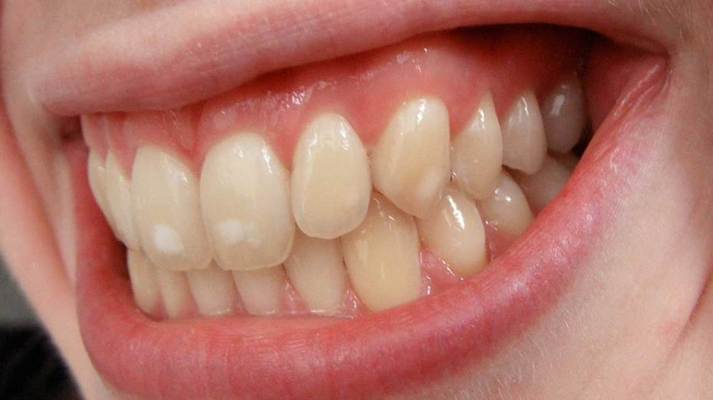
Teeth stains are a very common problem in Americans. It can be caused by a broad spectrum of issues. Being aware of these potential causes is essential if you want to preserve your teeth’ natural color. This is also important to allow you and your dental specialist to join efforts to prevent and manage tooth discoloration.
Keep on reading to discover the nine most common causes of discolored teeth.
1. Improper dental hygiene
Avoiding to brush and floss regularly is one of the leading causes of tooth stains. If you’re neglecting to brush and floss daily, you’re allowing bacteria, plaque, and food residue to accumulate in your mouth and stick to your teeth. By doing this, you’re creating an oral environment prepared for tooth discoloration.
2. Smoking
Smoking is very dangerous for your overall health. This nasty habit not only puts you at higher risk of gingivitis and other dental health problems but also makes you prone to experience many types of cancer. Cigarette tar can also be a major contributor to the staining of your teeth. Brown stains from smoking are extremely hard to get rid of by brushing alone. Consider underground a laser teeth whitening procedure to remove deep stains on your teeth.
3. Specific foods and drinks
Drinks like coffee, tea, red wine, soda, and fruit juice can all cause tooth discoloration due to their acidic nature. Even some healthy foods can contribute to teeth staining. These foods include apples, beets, pomegranates, cherries, citrus fruits, white grapes, tomatoes, raspberries, and potatoes. Anything that can stain a white piece of cloth can also stain your teeth. So try to reduce your consumption of cakes, ice cream, and candies too.
4. Specific medications
Some medications can cause teeth staining. These medications include antihistamines, neuroleptics, antidepressants, and blood pressure medications. Usage of Sumycin and other tetracycline antibiotics at a young age can also contribute to tooth discoloration. Plus, some medical procedures like chemotherapy or neck or head radiation therapy can also lead to the yellowing of your teeth. Even some mouthwashes that contain chlorhexidine or cetylpyridinium chloride can cause the same effect.
5. Process of aging
Your tooth enamel is slowly wearing down while you’re getting older. This can cause the inner layer of your teeth (called dentin) to show through. Owing to the yellowish color of the dentin, your teeth may also become yellowish.
6. Some illnesses
Certain medical illnesses and diseases may affect the enamel of your teeth, causing your teeth to change color. These diseases include metabolism disorders, hypocalcemia, liver disease, rickets, eating disorders, and autoimmune conditions.
7. Genetics
Genetics is another thing that affects the color of your teeth. Due to genetics, you may have slightly more yellowish teeth. Plus, some inherited genetic disorders like dentinogenesis imperfecta and amelogenesis imperfecta can also cause tooth discoloration.
8. Injury
Dental trauma can lead to tooth discoloration. Much like a knee getting bruised after a fall, your teeth can also become discolored due to an injury. If your tooth is starting to turn gray after an injury it can be a sign of poor blood flow to the affected area in your mouth.
9. Excess fluoride
Excess fluoride either from fluoridated tap water or due to overuse of fluoride-containing products like mouthwash, toothpaste, and fluoride supplements can lead to tooth discoloration.
The bottom line
Maintain proper dental hygiene that involves brushing and flossing your teeth two times a day and use mouthwash. Remember that certain medications and foods can cause tooth discoloration. So try to reduce the consumption of teeth-staining foods and consult your doctor to find alternative medications that don’t cause stains on your teeth. If your teeth are severely discolored, consult a dental specialist to undergo a professional teeth whitening treatment.

